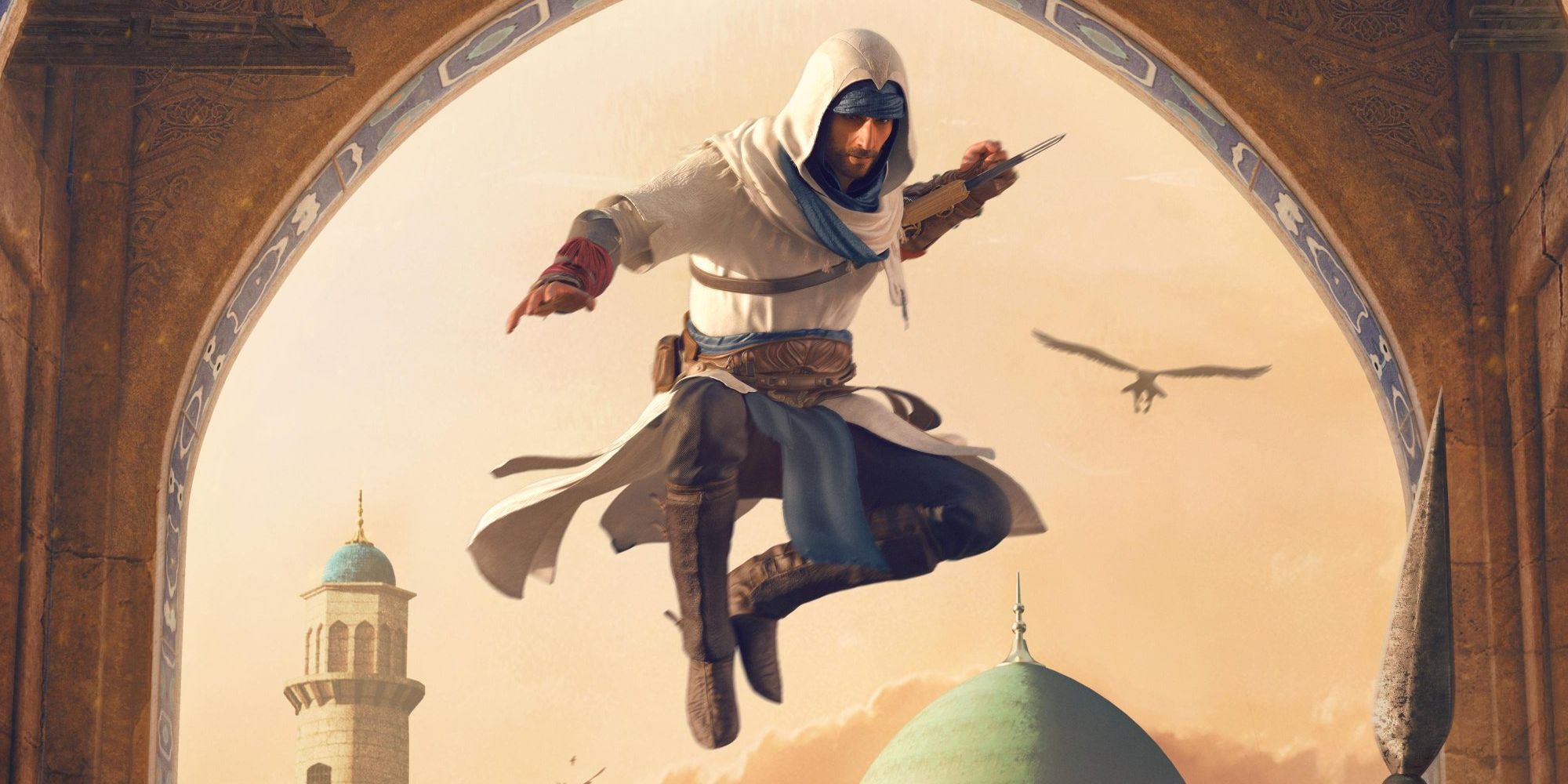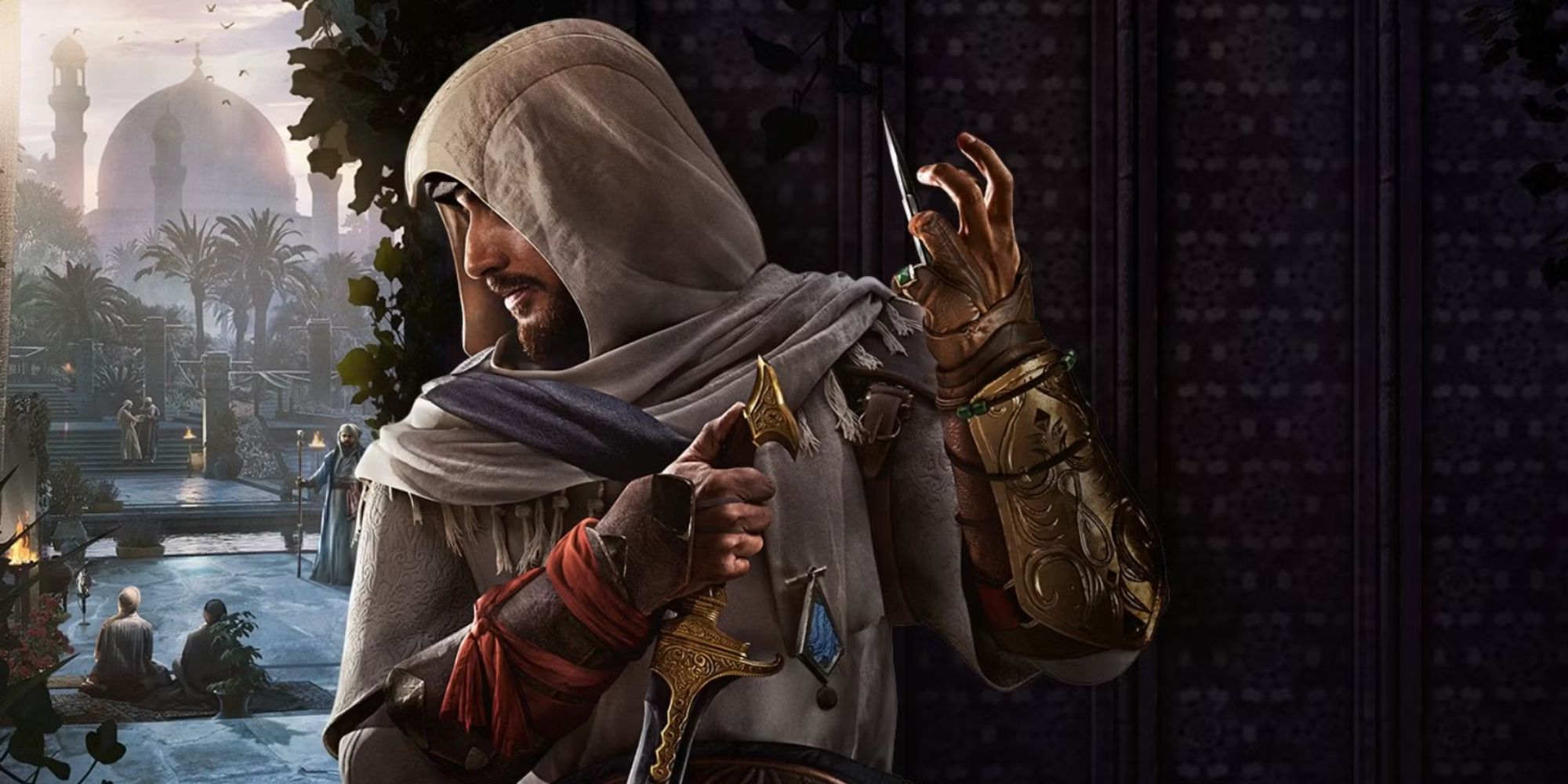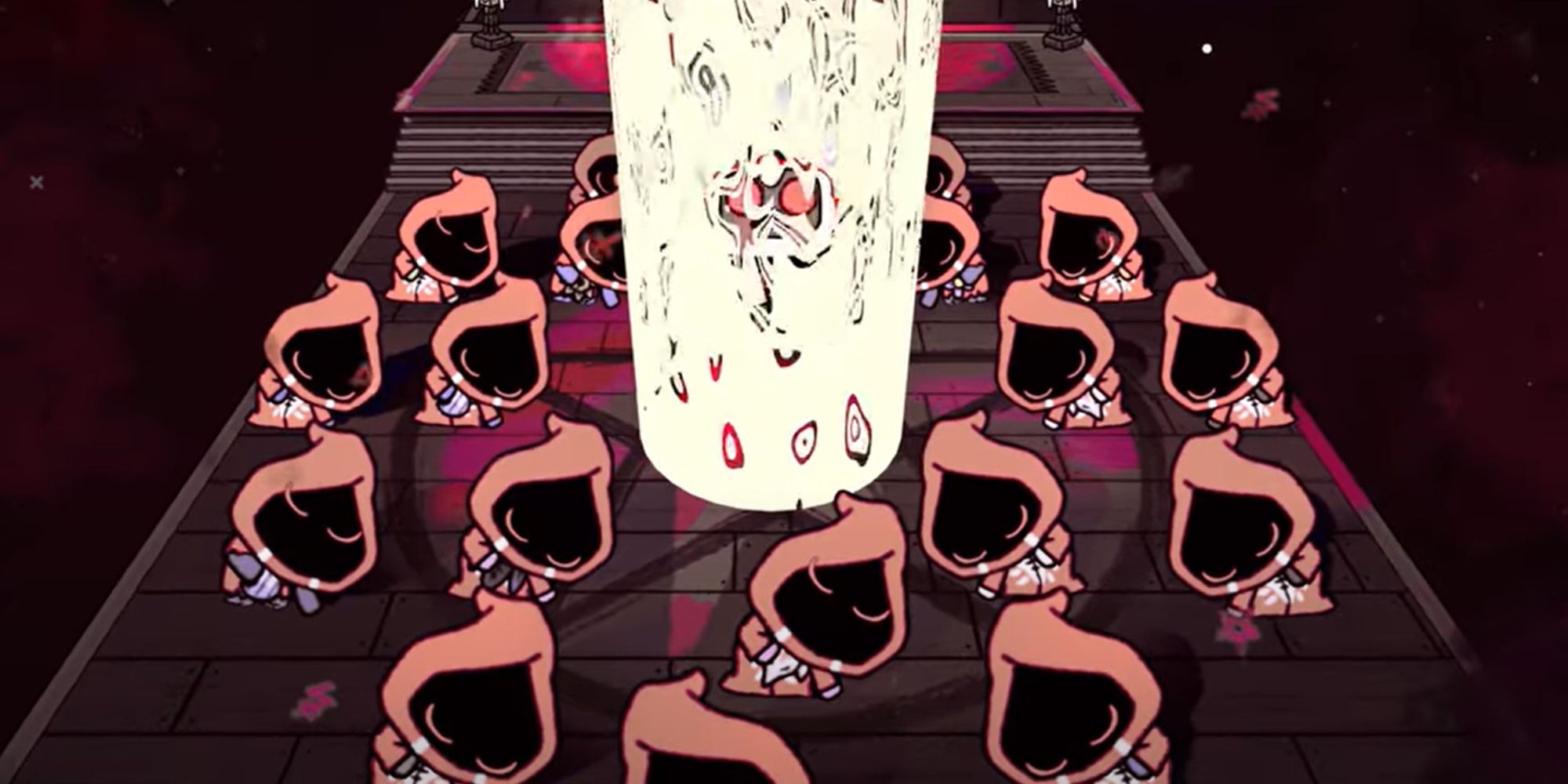Games journalists talk a lot of waffle. There are a lot of gamers out there who would be inclined to agree with that statement, but in this particular case gamers are as bad as the journos. We all talk about the triple-A scene, but we never really think about how silly the word 'triple-A' is. Just means a big game. Language is silly. We used to have 'double-A' games, which meant games that were quite big, but not as big. That's kind of gone away now. We do have some studios talking about 'quad-A' games, but that's past the point of acceptable silliness and thus no one is doing it.
'Single-A' isn't a term we use, instead going for indie. But then there's debate over what that means too. Does it mean independent, as in zero input from any outsider publisher? Does it mean something about the budget (and what would the cut off be)? Does it just mean 'not triple-A'? Devolver and Annapurna are thought of as the biggest indie publishers around, but then isn't that a contradiction in terms? If all we have is triple-A and indie, that leaves a lot of room for confusion on both sides, but there hasn't been a game to plant its flag in the ground as a double-A game to give those neither indie nor triple-A a home. No game at least until now.
During last weekend's Ubisoft Forward, we finally got some more info on the next Assassin's Creed game in the series, Assassin's Creed Mirage. A stealth focused game set within the city walls of Baghdad, it feels like a throwback to the early days of Assassin's Creed, but it represents a wider trend that extends far beyond Ubisoft. Double-As are back, and it will be interesting to see how long they last. Mirage is launching at a lower price point and unlike Origins, Odyssey, and Valhalla, is not stressing its scope, but rather its intimacy. This is a small game that relishes being able to hold your attention fully for 15 hours, not a behemoth aiming to justify its status as a Big Game by stuffing itself full of busywork. Mirage exists in a triple-A world and is choosing to zig while the rest zag. Mirage is the double-A we've been waiting for.
This is not a full change of direction from Ubisoft. Mirage's two follow-ups will be part of a live-service platform and will be Valhalla style RPGs. Triple-As are still alive and well, but double-As needed to be brought back by someone like Ubisoft. We know Ubi can and does make huge games, so when it elects to make a smaller one, it signals a deliberate change within the industry. Traditionally development timelines and costs double between each new generation, but we were close to unsustainable in the last gen - the copious delays this year prove we have already passed that breaking point. Executives might want to get bigger bigger bigger with the quad-A market, but it may prove that double-As are better better better (not to mention, from a business standpoint, cheaper cheaper cheaper and faster faster faster).
Of course, the indies that aren't really indies have been doing this for a long time. I think of Sleeping Dogs as being one of the last of the real double-As, but I'm sure there are others in and around that era you can point to. In the gap between Sleeping Dogs (or your own personal pick) and Mirage, games of that type can continue to exist, but they've muddied what it means to be indies. I think of Devolver and Annapurna being to games what A24 and Neon are to films, which is extra confusing when you consider Annapurna also make films. Still, bear with me. Some of these publisher backed indie games, like The Artful Escape, Outer Wilds, and Anger Foot, are true indies in spirit, made with experimentation and creativity in mind, aiming at doing something new and bold, for a small audience. A24's answer to them is After Yang, Life After Beth, or Red Rocket. Others are bigger, less off the wall but still more creative than the triple-A scene serves up, like Cult of the Lamb, What Remains of Edith Finch, or Florence (and therefore like Lady Bird, Uncut Gems, and Everything Everywhere All At Once).
There are other series that could benefit from this change across the industry. As much as I defend Rise, the general consensus is that Tomb Raider is better suited to the intricate development of a double-A than the bombastic, far reaching approach of the triple-A. Saints Row just got knocked on its ass even with a shorter runtime because the open world was full of bland open world thinking. Horror games haven't gotten much longer than they ever were - with some knowhow Resident Evil Village can be beaten in four hours, yet it still has the bloated scope and additional busywork of triple-A design ideals. Does anyone like anything in Village post-House Beneviento? Do you think that the second half of the game exists in the drawn out way it does if Capcom embraced the double-A vibes over the more more more philosophy of triple-As?
A game that sits in between a traditional indie and a big triple-A effort has always been around, but it needed a triple-A studio like Ubisoft to deliberately aim for that market for us to admit the double-A is back in town. Given the frequent long delays of the biggest games and the continued critical acclaim for the medium's smaller offerings, let's hope the double-A game sticks around.



